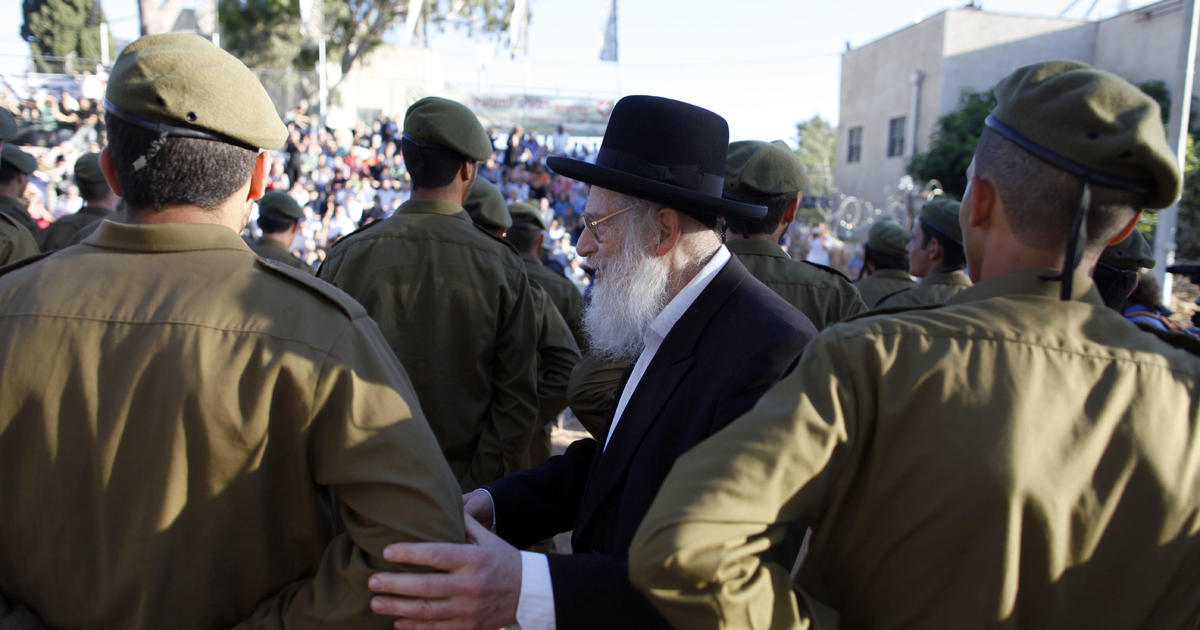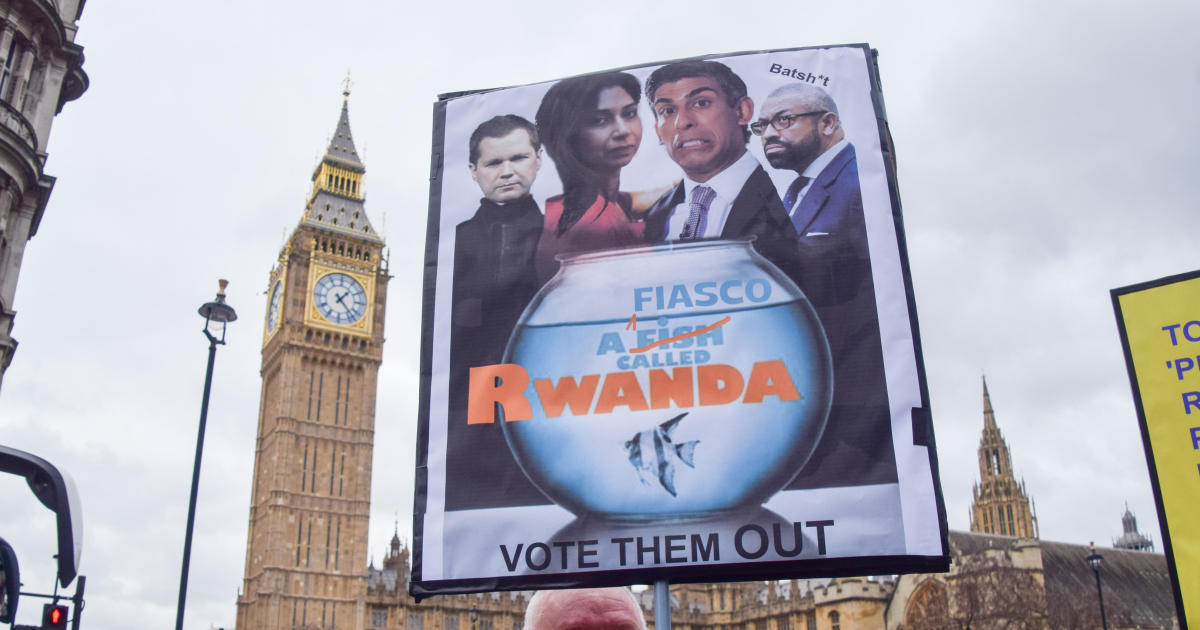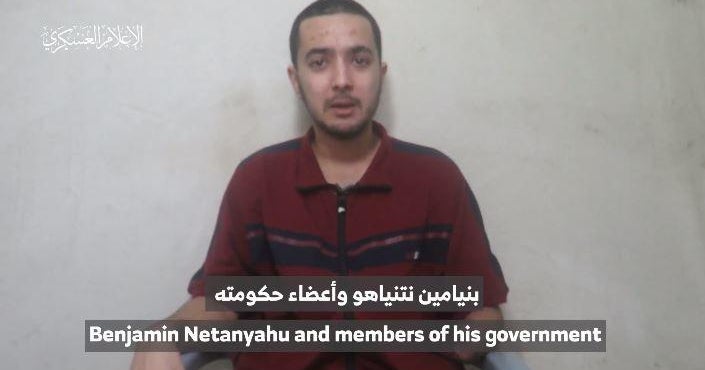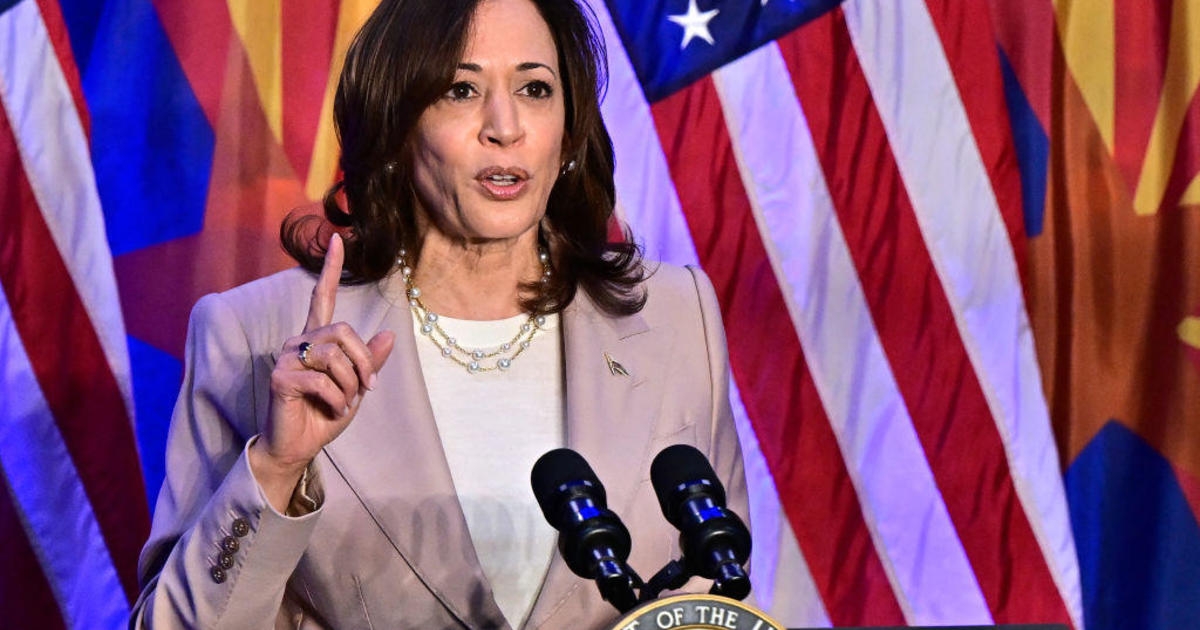Iraqi leader asks U.S. to "lay down the mechanisms" for military withdrawal
Iraqi Prime Minister Adel Abdul-Mahdi has asked the Trump administration to send a delegation to Baghdad to "lay down the mechanisms for implementing" America's military withdrawal. In a statement posted on his official Facebook page, Mahdi said Iraq was "keen to keep the best relations" with its allies, but noted the parliament's decision that the U.S. should "safely withdraw troops from Iraq."
The prime minister did not give a timeline, but according to the statement, he asked Secretary of State Mike Pompeo on the phone Thursday "to send delegates to Iraq to lay down the mechanisms for implementing (the) Iraqi Parliament's decision."
Mahdi also told Pompeo "that there are American forces entering Iraq and American drones flying in its skies without permission from the Iraqi government, and that this constitutes a breach of the agreements in place."
The U.S. State Department's official description of the same phone call, released Thursday afternoon in Washington, did not mention either the requested U.S. withdrawal or any Iraqi complaint about recent troop movements in or out of Iraq. Spokesperson Morgan Ortagus said in the readout that Pompeo had "reiterated the United States' condemnation of the Iranian regime's January 7 launch of ballistic missiles" at two Iraqi bases housing U.S. troops.
"The Secretary underscored that, as President Trump has said, the United States will do whatever it takes to protect the American and Iraqi people and defend our collective interests," Ortagus said.
On Friday, however, Ortagus issued a follow-up statement saying, "at this time, any delegation sent to Iraq would be dedicated to discussing how to best recommit to our strategic partnership — not to discuss troop withdrawal, but our right, appropriate force posture in the Middle East."
"There does, however, need to be a conversation between the U.S. and Iraqi governments not just regarding security, but about our financial, economic, and diplomatic partnership," Ortagus said. "We want to be a friend and partner to a sovereign, prosperous, and stable Iraq."
Iraq's parliament passed a non-binding resolution calling for American forces in the country to be ousted after last Friday's airstrike in Baghdad that killed senior Iranian commander Major General Qassem Soleimani and the leader of an Iraqi militia allied with Iran.
Iran responded with a barrage of about 15 missiles launched early Wednesday morning, targeting two bases in Iraq that house U.S. forces. There were no casualties, and President Trump declined to order any further military action against Iran, opting to impose further sanctions instead.
Iran also appeared to step back from the war rhetoric that had mounted earlier in the week, saying it had "concluded" its official response to the killing of its general.
Iranian military commanders have vowed to seek "further revenge," and the country has proxy groups in Iraq and the wider region that continue to pose a threat but, as CBS News senior foreign correspondent Elizabeth Palmer has reported, the mood in Tehran has relaxed significantly since the beginning of a tense week.
On Thursday, the U.S. House of Representatives passed a resolution to limit Mr. Trump's ability to engage in hostilities against Iran under the 1973 War Powers Resolution, as Democrats attempt to reassert Congress' constitutional authority to declare war amid the standoff with Iran.
Mr. Trump and Pompeo have staunchly defended the decision to kill Soleimani.
"There is no doubt that there were a series of imminent attacks that were being plotted by Qasem Soleimani, and we don't know precisely when and we don't know precisely where, but it was real," Pompeo insisted Friday morning in an interview with Fox News. "I don't think there's any doubt that Soleimani had intentions not only to take action against our forces, our diplomats in Iraq, but in other countries around the region and world as well."



